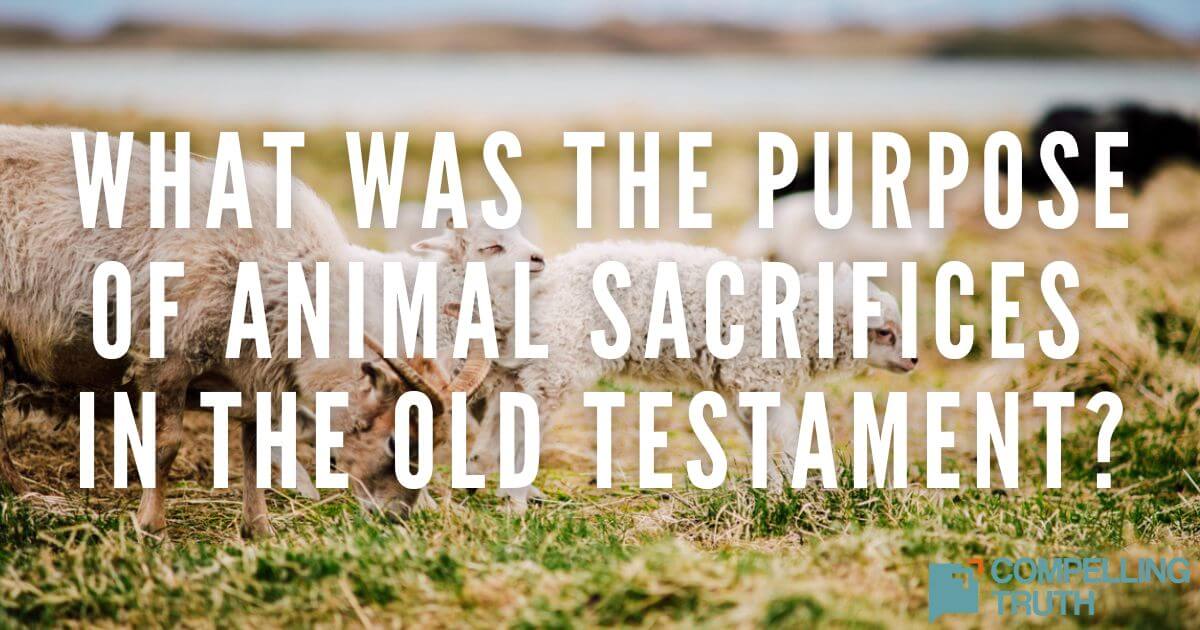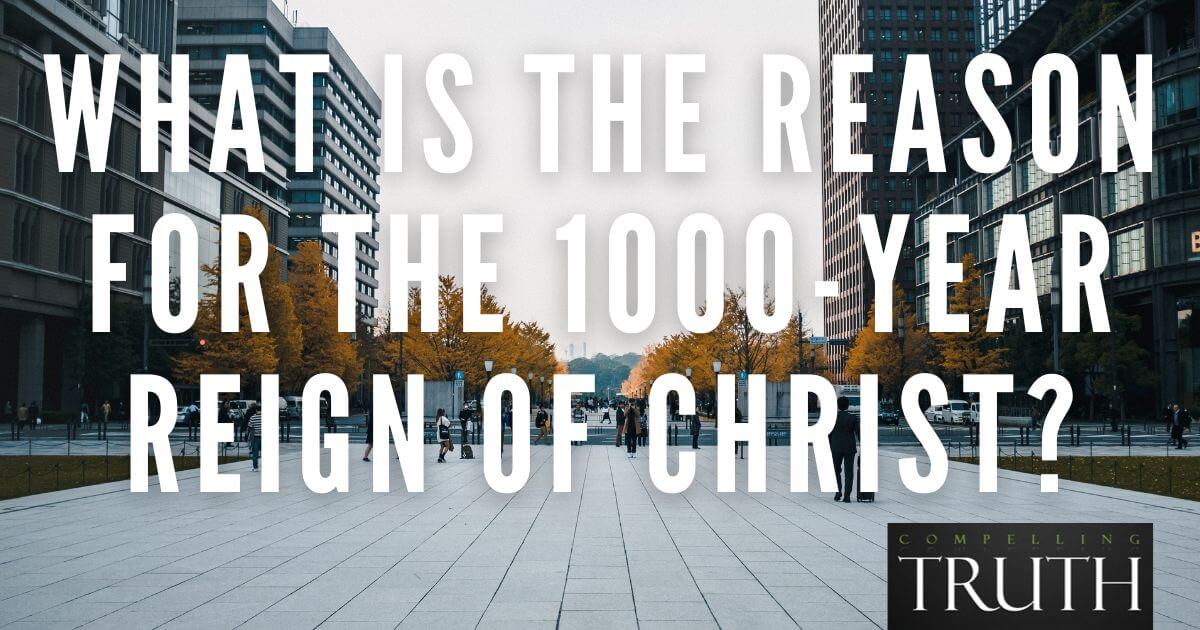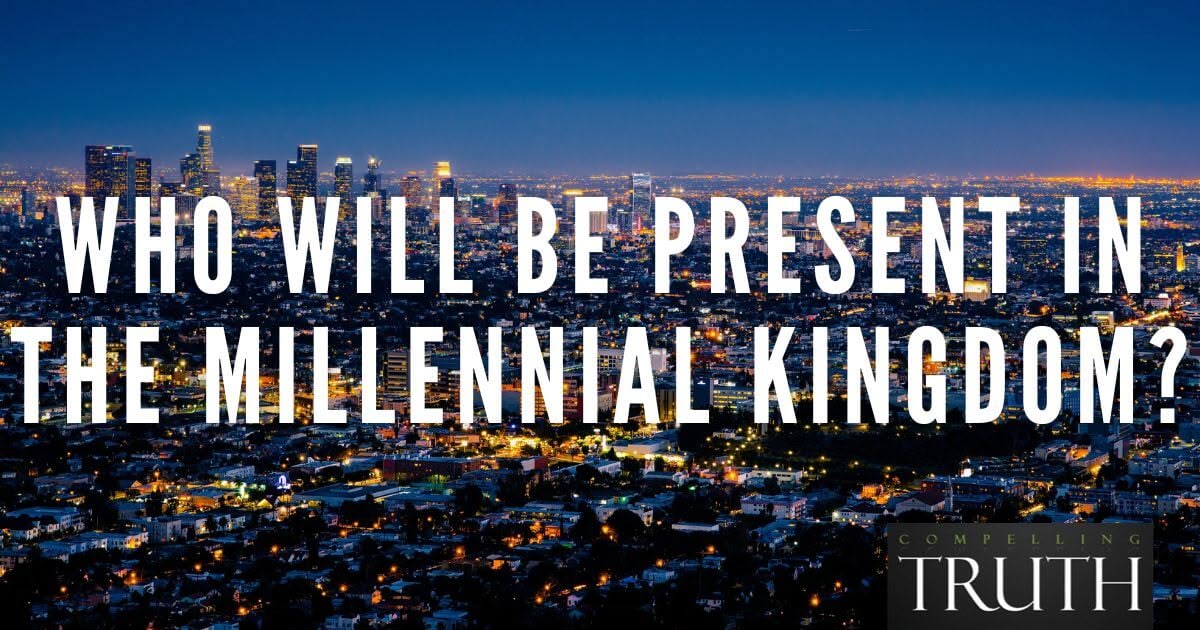what does the bible say?
The Bible indicates that animal sacrifices will take place during the millennial kingdom, as prophesied in Ezekiel, Isaiah, Zechariah, and Jeremiah. These sacrifices will be performed by the line of Zadok in the Jewish temple and will include offerings such as rams, lambs, and bulls. While Hebrews teaches that Christ’s sacrifice was sufficient to remove sin once for all, these future sacrifices will serve as a memorial to Christ dying for our sins. Similar to how Christians observe the Lord’s Supper, these sacrifices will remind people of God’s holiness and their need for His grace. Though this may seem unusual, it will be a fulfillment of God’s promises and an act of worship during Christ’s reign as Messiah and King.




